News & Updates
-
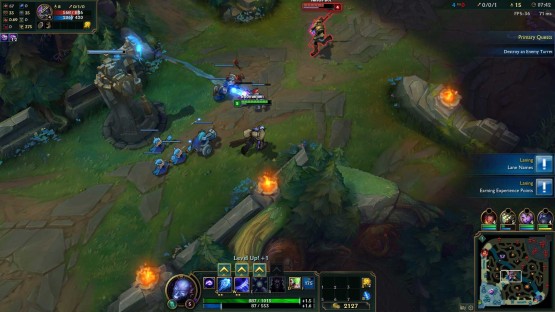
Toxicity and prosociality in online games
Geert Verheijen - 23-11-2017The majority of popular video games nowadays allow (or even require) multiple players to join in at the same time. More than ever before, gamers are being dropped in virtual worlds together with their friends, family, but also total strangers. What kind of effect does this have on our social behavior?
-
The Social Brain and Its Importance
Nastasia Griffioen - 13-11-2017Today is World Kindness Day, an international observance dedicated to promoting kindness, understanding and helping among people. To illustrate the importance of kindness and prosociality, I'd like to take this opportunity to tell you something about the 'social brain hypothesis', a theory that posits that social needs are even more essential to human beings than any other physical need, and that our brains reflect this.
-
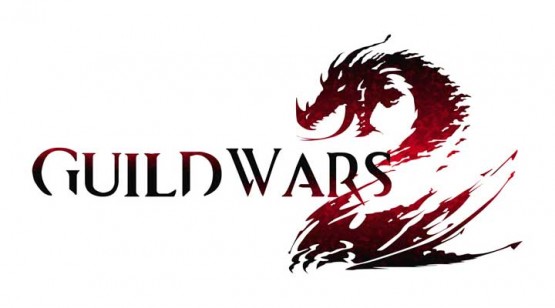
Examining Social Support in Guild Wars 2
Ken Koontz - 09-11-2017The GEMH Lab explores if we can make a player engage challenging situations confident that other players would help them personally. We chose the MMORPG Guild Wars 2 to examine how its unique combat system, map exploration and character progression could create a context for the player to experience personalized social support.
-
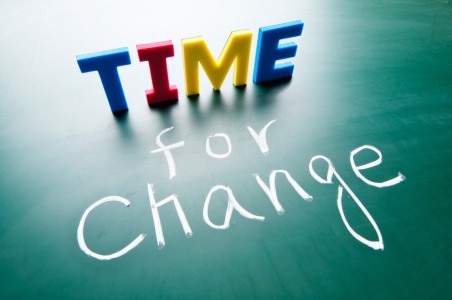
How to change your own behaviour?
Aniek Wols - 26-10-2017In this blog, I will provide you with some (scientifically proven) steps and techniques to change your behaviour.
-
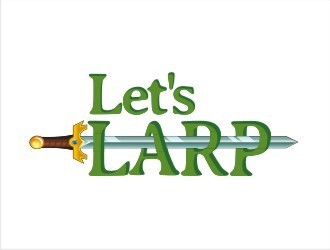
Live Action Role-Playing (LARP) at school
Aniek Wols - 12-10-2017In September, Mariska Kool and Erna Terpstra visited the GEMH Lab. Mariska and Erna are involved in a very special project; they teach children by using Live Action Role-Playing (LARP) games.
-

Smoking cessation among youth and young adults
Hanneke Scholten - 12-10-2017This month's theme is smoking cessation and behavior change. We are looking forward to share our activities and thoughts and to start a discussion with the community.
-
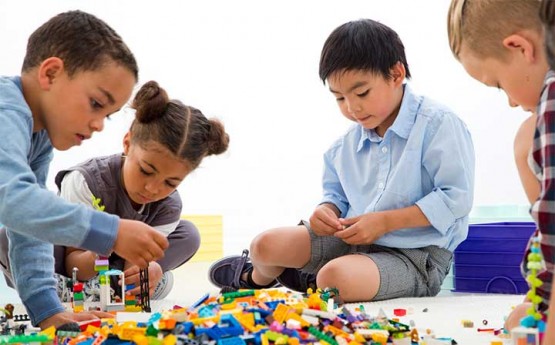
Play is evolutionarily and developmentally important
Isabela Granic - 26-09-2017The study of the benefits of playing video games may be relatively new, but the positive function of play more generally has been an important field of study for a long time in developmental psychology.
-
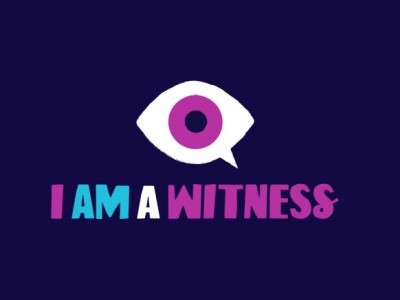
What About Cyberbullying?
Geert Verheijen - 22-09-2017The current week marks the official ‘Anti-bullying Week’ here in the Netherlands, and this year’s theme is Online Bullying. Should we be worried about cyberbullying?
-

GEMH-Lab Plays #2: Bully: Scholarship Edition
Babet Halberstadt - 19-09-2017September 18-22 is the Dutch national week against bullying, so for our second Let's Play we're playing an oldie but a goodie: 'Bully: Scholarship Edition'.
-
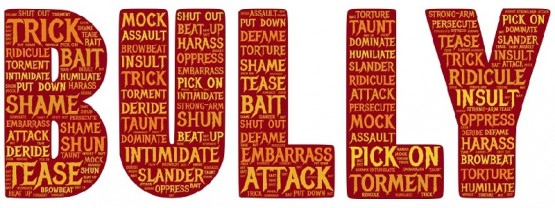
Game will teach about bullying
Elke Schoneveld - 18-09-2017Open University starts two research projects about bullying and uses a games approach
